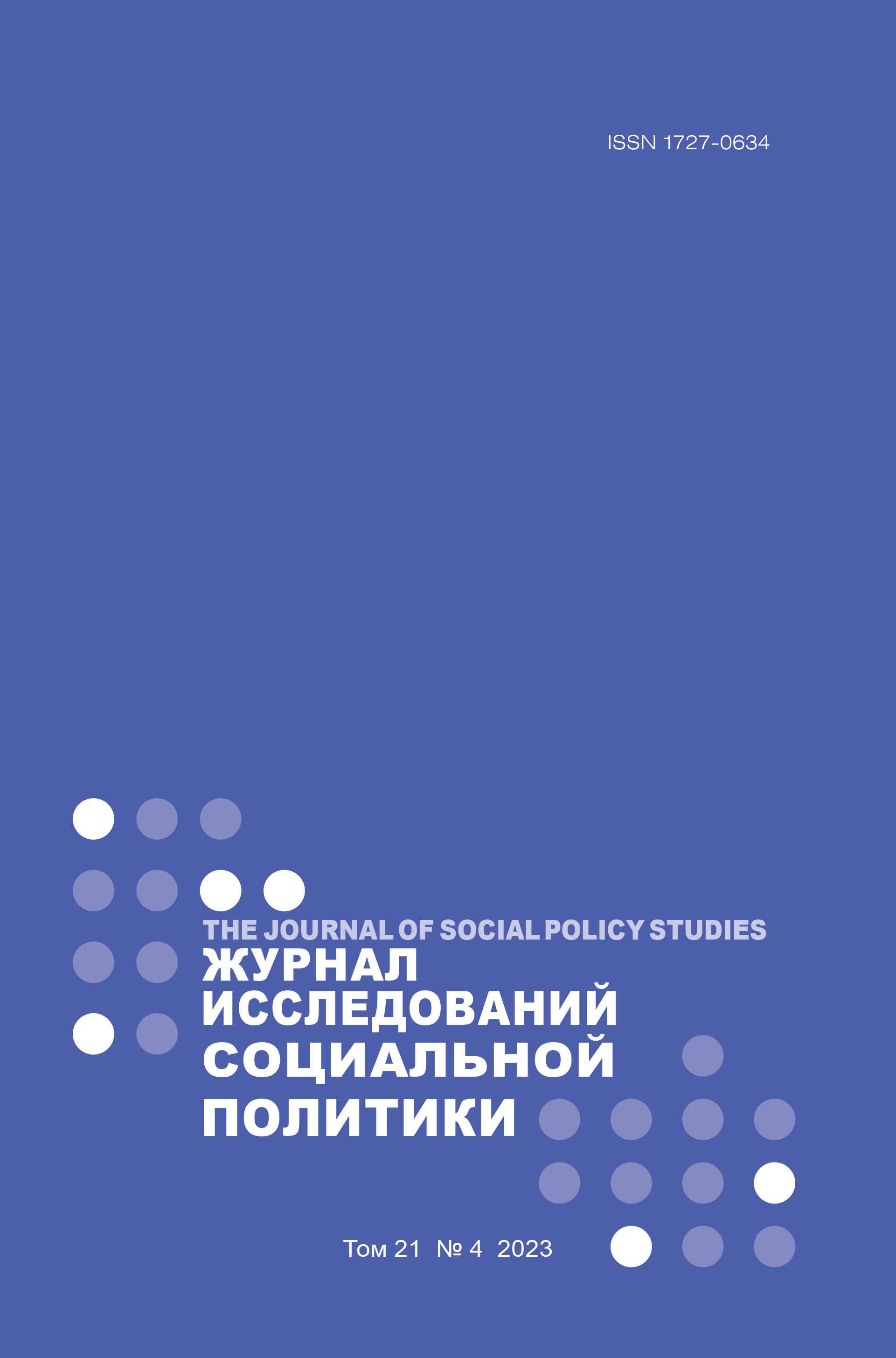Parents' Attitudes towards Inclusive Education: The Siberian School Case
Abstract
Inclusive education in the 21st century, as education for all children in the general classroom, is a global legal and moral imperative. However, the degree of real educational and societal inclusiveness increases slowly. The number of serious empirical studies on the parents’ attitudes towards inclusive education is critically low, especially in Russia. The main research question of this article is: How do parents of children with disabilities and parents of normotypical children perceive inclusive changes in schools? The theory studies the attitude of parents to inclusion, the positions they take, i. e. parental involvement and parental participation, as well as their interaction and interrelationships with the educational environment at the micro, meso, and macro levels. The empirical basis of the study was the results of a survey of 327 parents of students from one of the schools in the city of Tyumen. The study was conducted using the author’s questionnaire, which included 33 indicators rated on a five-point Likert scale. The cluster analysis made it possible to divide the parents into five groups: supporters share the values of inclusive education (17 %); observers (25 %) take a neutral position; antagonists (14 %) oppose the promotion of ideas of inclusion in school; supervisors (21 %) are anxious because their child is studying in an inclusive school; skeptics (23 %) do not trust the ideas of inclusion. In general, parents rate the cooperation with the school quite highly, especially the interaction with the class teacher. The study showed that the quality of collaboration between the school and parents significantly determines parents’ attitudes toward inclusive education. Parents are an underestimated resource in the development of inclusive education. The results can be used to develop programs aimed at involving parents in the development of inclusiveness, and improving the quality of communication between the school, teachers, and the parent community.















